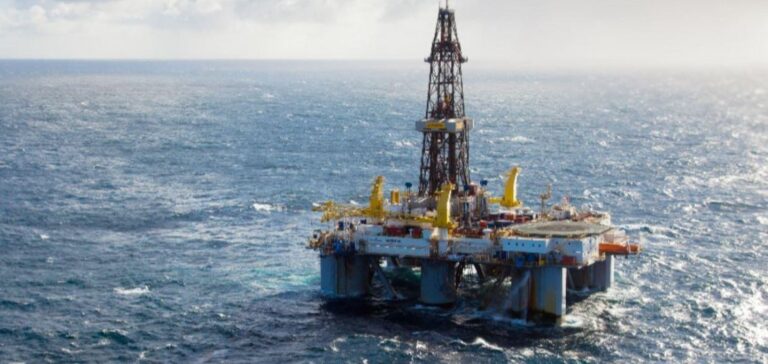Awilco Drilling PLC, listed on the Oslo Stock Exchange under the ticker AWDR, announced that its shares will be traded ex-dividend from 1 April. The special dividend amounts to USD 2.06 per share, marking a notable distribution move by the offshore oil exploration and production group. The decision is part of a capital return programme to shareholders, supported by liquidity resulting from recent asset sales.
Headquartered in the United Kingdom, Awilco Drilling PLC operates semi-submersible drilling rigs in the North Sea. In recent years, the company has scaled down its operational activities, progressively divesting its drilling units. The dividend detachment reflects the current strategy of capital value realisation for shareholders, in a context where no new industrial projects have been initiated.
Capital return driven by surplus cash
The level of the distributed dividend follows the financial policy adopted by the board of directors since 2023. The company, now without active drilling operations, has chosen to redistribute its cash reserves rather than reinvest them. The transaction complies with the procedures of the Norwegian market, and shareholders registered before 1 April will receive the stated amount.
Awilco Drilling PLC has not announced a schedule for any future similar payments. The absence of investment or growth projects suggests that further capital returns could be considered, although no official statement has been made. The company remains listed on Oslo’s regulated market with low trading liquidity.
Listed status maintained despite operational inactivity
Since 2020, Awilco Drilling has initiated a transformation of its business model in response to structural challenges in the offshore drilling sector. The shift towards a residual asset management company has translated into a gradual withdrawal from the oil sector.
The dividend distribution, made possible by the sale of its rigs, marks a significant step in this repositioning. Despite the lack of operations, maintaining the listing allows the company to retain some visibility on financial markets, while remaining free to adjust its strategy as its portfolio evolves.






















